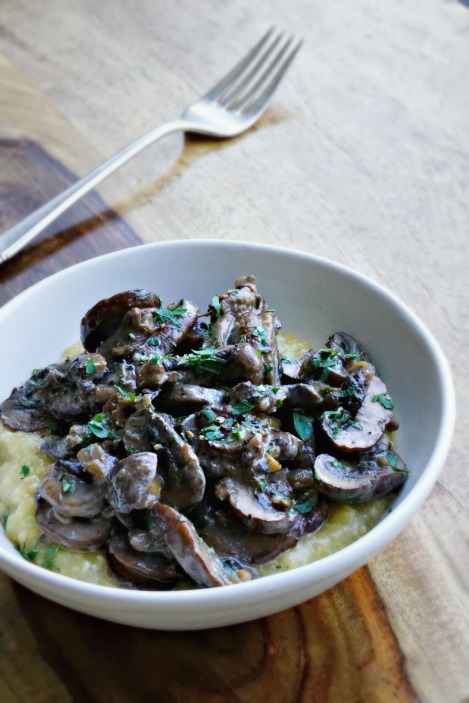I love my daughter’s teachers. The other morning, as Noemi and I were packing her lunch for school, she gently stayed my hand and asked, “Is a quesadilla grow food?”
“What’s that?” I asked, not sure what she meant.
She looked at me with her I’ll-be-patient-with-you-because-I-love-you-Mama look and said, “Miss Emma says we have to eat our grow food first.”
 And then it dawned on me.
And then it dawned on me.
We’ve all encountered it; we pack a nice healthy sandwich and apple slices and a bag of Goldfish crackers. At school, that translates into goldfish first, then a couple bites of the sandwich … and then they run out of steam before the apple sees the light of day.
So, as Noemi explained it, Miss Emma set a rule that the kids have to eat their “grow food”–the healthy stuff–first.
Brilliant, that Miss Emma.
It has become a practice we use at our table too and has opened up a new door for me to talk with Noemi about the basics of sound nutrition as we pack her lunch. I’ll even admit to a certain amount of parental pride on the days I can report to Noemi that all the foods in her lunch box are grow foods.
Anatomy of a Lunchbox
So what makes something a grow food? Here are four things to look for:
- Healthy fats. Kids, like adults, need healthy fats. Omega-3 fatty acids are particularly important at early ages for neurological development and brain function. Foods like walnuts and flaked wild-caught salmon are great sources of omega-3s, and avocado and olive oil are full of heart-healthy monounsaturated fat. Fats also add flavor and mouth feel to food … important for picky eaters.
- Whole grains. Breads, crackers and pasta made from refined wheat flour can cause blood sugar levels to spike (and, in response, insulin and adrenaline levels) because our bodies absorb it so quickly. That energy spike also leads to a midafternoon slump that makes hard for kids to concentrate in the classroom. But pasta made from whole grain uses all three parts—endosperm, germ and bran—to provide protein, micronutrients and fiber in a much healthier package for sustained energy throughout the day. It might take a period of turned-up noses, but kids’ palates can adapt. Look for whole grain breads and crackers with a fine crumb to make the transition easier. And remember, corn chips and corn tortillas count too!
- Smart proteins. Proteins are a natural for kids … they’re the body’s building blocks, after all. Lean lunch meats like turkey and ham are alright, but think outside the deli too. Edamame and hummus (even better, the hummus-like edamame dip below) are fun foods that transport beautifully. Quinoa salad, beans and lentils also make great lunches for kids and grown-ups alike.
- Whole foods. Any kind of whole vegetable or fruit (whole meaning not processed; you can cut it up) is a welcome lunch-box grow food. Cherry tomatoes are great at this time of year, and we mix up the fruit depending on what’s in season.
Sure, you’ll have other elements in your kids’ lunch box too—cheese sticks, pretzels, an occasional sweet. The idea is, though, to load in as many grow foods in as many different guises as possible, and then encourage your kids to feel good about eating them … first.
 2 tablespoons extra-virgin olive oil
2 tablespoons extra-virgin olive oil

 Americans to “take back the value meal
Americans to “take back the value meal And then it dawned on me.
And then it dawned on me.




